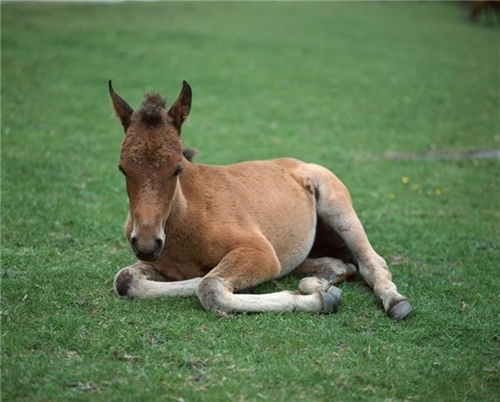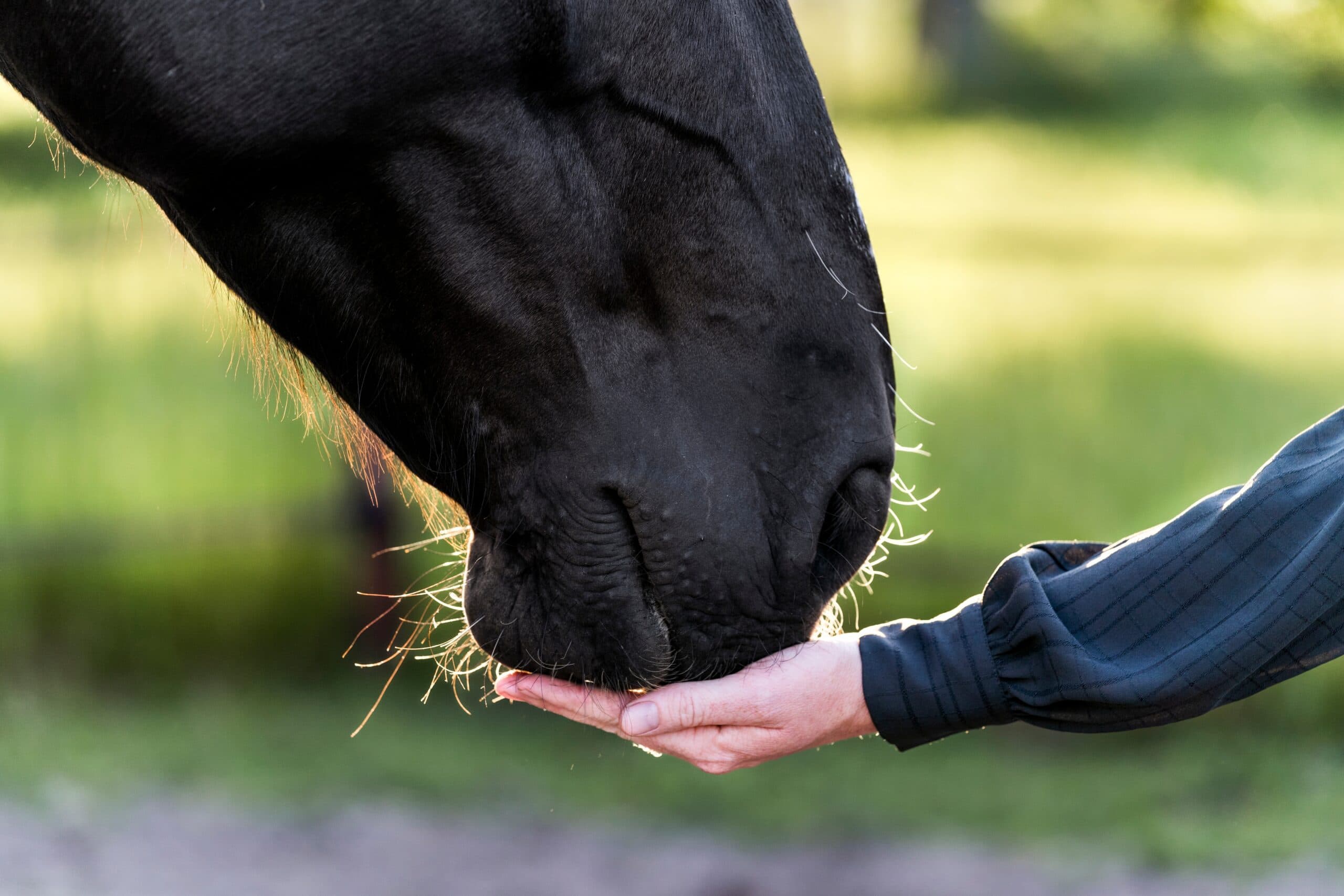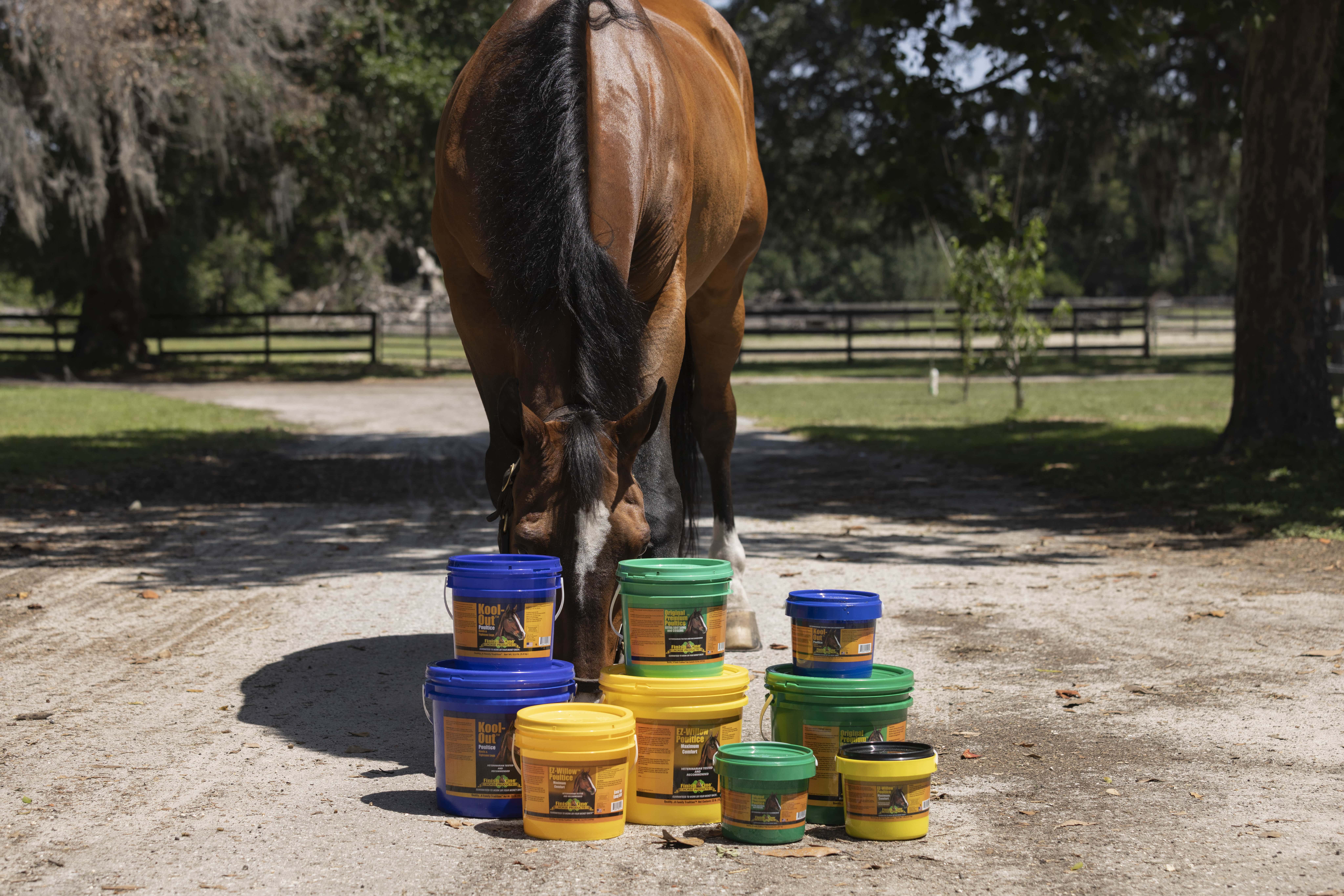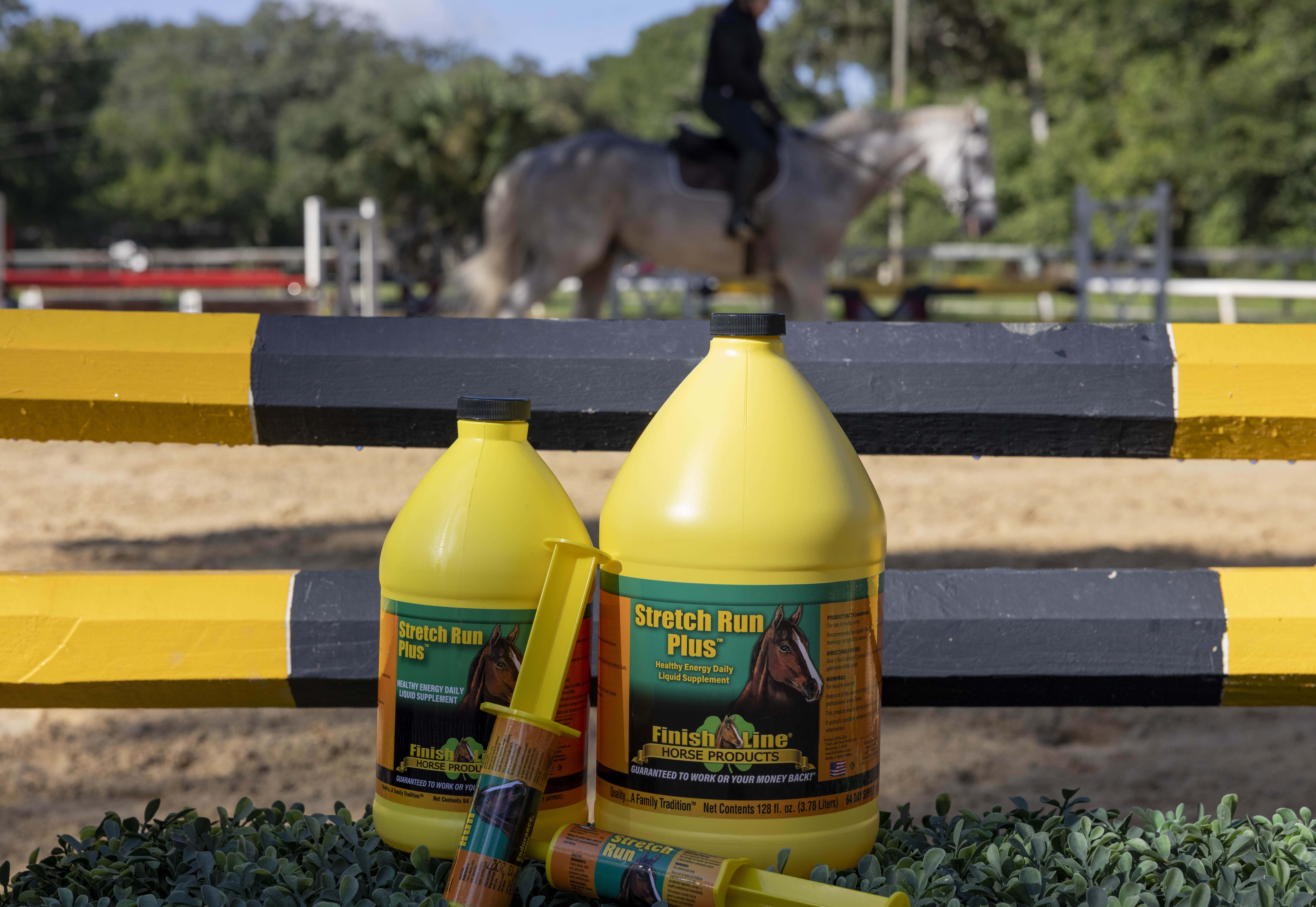Any breeder who has shared the joy of helping a mare give birth to a new horse knows how majestic experience such a moment is. But they will also tell you that there is quite a bit of preparation involved throughout this life-altering process. From changing a pregnant horse’s nutritional intake to ensuring that your facilities are in pristine condition before the arrival of a newborn, there’s quite a lot of planning that needs to be done to ensure a successful birth. Any breeder with an expectant horse should take a look at these tips for managing a pregnant mare during this trying, yet special occasion:
The road ahead
For starters, the most important thing for a breeder to take into consideration is exactly how long horse pregnancy takes. According to Extension, the average duration of pregnancy for a mare typically varies around 340 days, but has also been known to last up to 370 days. How long a pregnancy lasts also has to do with how old the mare is. A colt fetus will usually have a gestation period up to a week longer than fillies. Extension also notes that the duration of pregnancy can also depend heavily on what time of year the horse becomes pregnant. Mares who are foaling in later spring or summer typically have shorter pregnancy lengths than horses gestating in late fall or winter. First time mares will take longer than mares that have birthed before.
Detecting signs of pregnancy
Breeders who have never dealt with a pregnant mare before need to be aware of the signs that spell gestation. It’s important to note that horses don’t display signs of pregnancy as clearly as humans do, and a mare will not appear to carry a foal until several months into its pregnancy. One of the effective tips to tell if a mare has entered a gestation period is by keeping an eye on its underbelly. Udder development typically occurs anywhere between 2 to 6 weeks prior to the birth, and milk will begin lactating out of the udders around a week prior to parturition. Once you’ve noticed udders begin to develop, it’s time to immediately seek out veterinary assistance.
Vaccinations
Once you’ve established that a mare is pregnant, there are a few vaccines the horse may need to receive in order to ensure a healthy foal is born. According to researchers from the University of Illinois, there are five essential vaccines recommended for pregnant mares. The first one is for EHV-1, or equine herpes virus type 1, which is the primary form of herpes in horses and is often associated with foal mortality. The second vaccine is for encephalomyelitis, which is known as a “sleeping sickness” where inflammation of the brain and spinal cord occurs. Other vaccines for pregnant mares include ones for West Nile virus, tetanus and rabies.
Nutrition
When it comes to proper nutrition for a pregnant mare, it’s important to remember that its body weight should still remain relatively the same. If your veterinarian doesn’t detect any bodily irregularities and your pasture is in prime condition for grazing, then monitoring a pregnant horse’s feed intake is generally unnecessary. Keeping a pregnant mare hydrated is more of a priority, so always make sure you have fresh, cold water available to the animal as well as a side of trace mineralized salt. If your veterinarian is concerned about sufficient hydration, ask if it’s OK to provide additional horse supplements to increase fluid intake. If given the go-ahead, Apple-A-Day™ is a quality choice to help promote healthy electrolyte activity within the mare.
Birthing environment
Once you’re entering the last few weeks of pregnancy, the mare should be moved to its stall. Make sure that this is an environment that the horse is comfortable in, because any indication of discomfort or unfamiliarity may have a negative impact upon the birth. Prepare a big bed of fresh, dry straw for the horse to rest in. When the time comes, just stand back and let the veterinary team do its work, and before you know it, you’ll have a new addition to your horse family!








